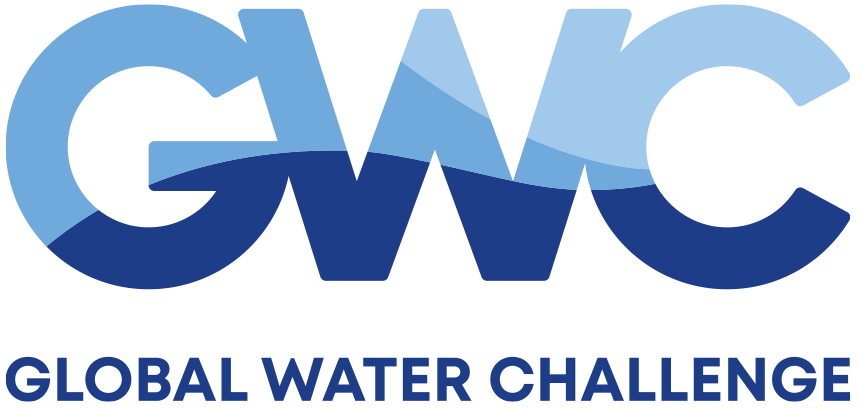World Water Day:
Celebrating our partnership with Cargill in West Africa which supports its Cargill Cocoa Promise

As the world acclimatizes in the wake of the COVID-19 pandemic, daily routines across the world have adjusted to heightened awareness around handwashing and the importance of clean sanitary environments. Precautionary safety measures that were widely implemented across households, workplaces and schools were only possible due to safe access to clean water and sanitary hygienic spaces.
However, according to the United Nations, billions of people still lack access to basic services such as clean drinking water and sanitation. Worldwide, two out of five people do not have basic hand-washing facilities with soap and water.
Through the lens of a world impacted by all the various challenges COVID-19 presented, a higher sense of urgency has developed around issues of water, sanitation and hygiene (WASH), alongside the critical importance of adequate resources in the prevention of diseases. In West Africa, these issues remain a top priority as in water scarce communities across the continent, economic independence and resiliency depend on proper access to WASH resources.
This World Water Day, we celebrate our partnership with Cargill as we move into the implementation of strengthened WASH programming across countries where Cargill operates the Cargill Cocoa Promise. This will be supported by partners such as African Development Association, CARE International, Habitat for Humanity, She’s Stem Foundation, Water & Sanitation for the Urban Poor and World Vision International.
Cargill Currents is the name of a 3-year program, which aims to improve access to safe drinking water in communities and priority watersheds where Cargill employees live and work. Our joint initiative is designed to build community resilience, improve community health and promote women’s economic development, benefiting up to 150,000 people by the end of 2024.
The projects will positively uplift high-need communities, with specific emphasis on women, who make up more than half of the agricultural workforce in Cargill’s cocoa farming communities. These women are farmers, entrepreneurs and business owners who also carry the responsibility for their children’s education and family nutrition.
It is widely acknowledged that in communities with poor water security, the water burden falls heavily on women and girls. Proper access to WASH is a cornerstone of gender equality in water scarce environments. When WASH and water security issues are addressed, communities, and very importantly, women and girls are given back time to freely pursue their education, work and means of generating an income.
This means that an entrepreneurial woman, mother, and cocoa farmer or laborer working to support her family’s livelihood in Cargill’s operations will be able to develop her skills further through the project’s empowerment training program, while benefiting additionally from a healthier and more conducive environment for productivity.
“At Global Water Challenge, our women for water platform’s multi-pronged approach seeks to prioritize women in WASH programs to build community resilience and create maximum impact while ensuring their path to empowerment is more visible,” said Monica Ellis, CEO of Global Water Challenge. “This World Water Day, let’s make the impact of water on women more visible – because through water, women are safer, healthier, educated, employed and heard.”
